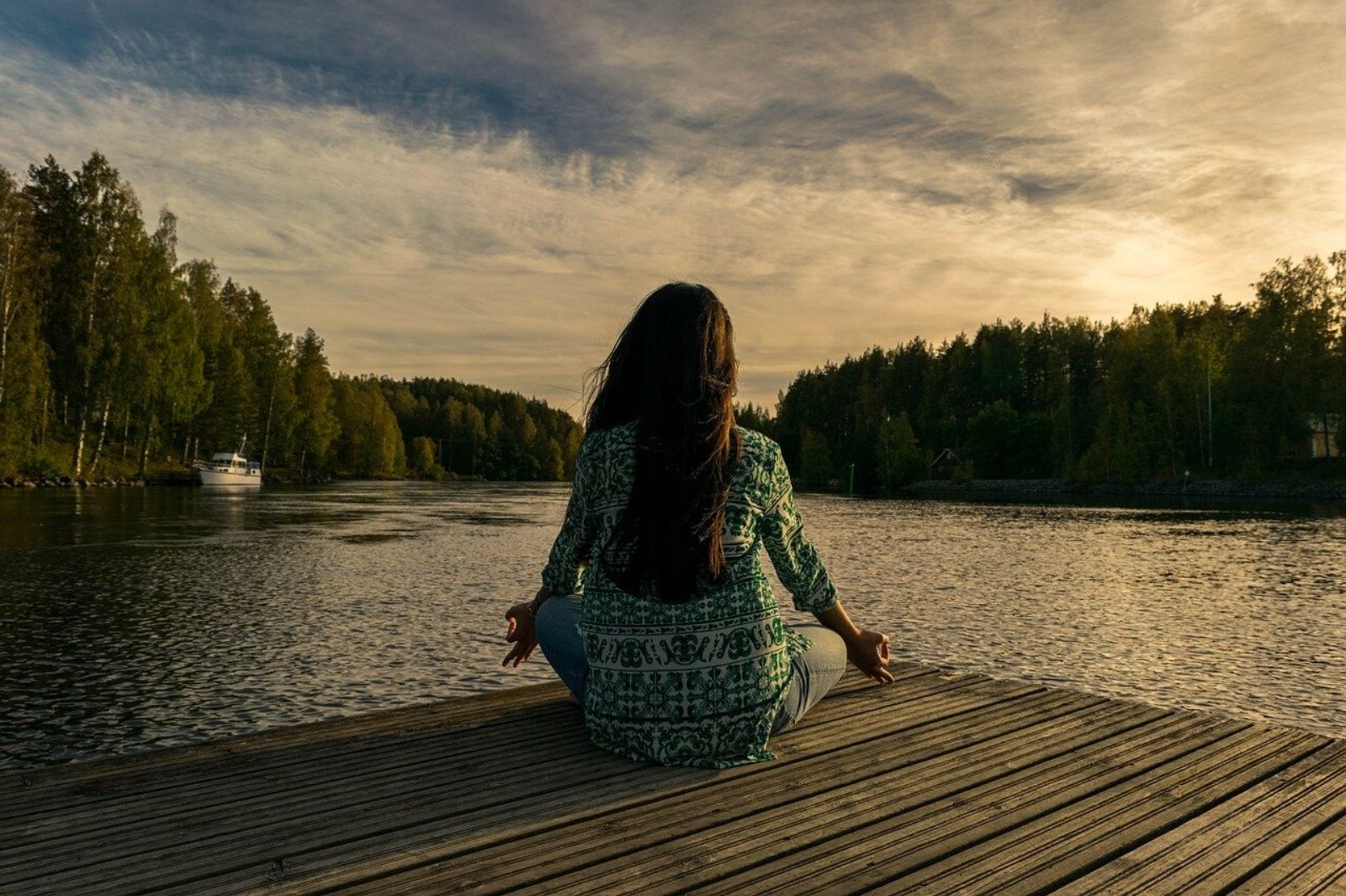‘Productive procrastination’. Psychology students’ top tips for staying coronavirus cool, calm and collected
Date 27.03.2020
27.03.2020
Senior Lecturer in Psychology Dr Charlotte Dann blogs for us, imparting words of wisdom from her students about how to stay psychologically balanced during the coronavirus pandemic.
I think it goes without saying that we are currently living in interesting times!
We are all coping and working with our situation in a multitude of ways, though I would like to say how wonderful it is to see support from both staff and students for each other during this time – it is much more pronounced.
This week, something that at first seemed unrelated (but has now turned into a happy coincidence, as it was planned some time ago) has reaffirmed my pride in the work that is being produced by our students.
In Psychology, our first-year students taking the module Psychology For Life have been working through materials relating to problem solving.
Their final task for the week asked them to share general coping strategies with their fellow students – including what the strategy has been useful for – along with some tips for implementing them.
The tips they’ve shared with each other so far are practical, useful, and simple to implement, so I thought it would be nice to share them!
Talking to others
Students commented on this as being useful to get opinions on decisions, to vent and to get help. Given the current context, whilst they acknowledge that face to face contact is preferable, they mentioned social media as a way to do this and there are certainly an increasing number of apps to support video chat.
Doing activities that you like
Planning time for yourself was mentioned a few times and doing things you like was cited as being good for relaxing and de-stressing.
Listening to music, meditating and colouring were amongst the examples given. A great tip for this was to set a time limit, so you still feel productive (eg. completing other work), but importantly give time for yourself.
Productive procrastination
This one is my favourite!
The most common example for this is to clean or cook as an escape from the current working task – it still does something ‘useful’ and was mentioned as a tip for implementing it as what we define as ‘useful’ can differ for each of us!
Going for a walk
Although the UK weather might change over this weekend, it’s still good to get outside for some fresh air more frequently…remembering to heed current government advice here! One walk a day, an hour and observe all social distancing measures!
The students commented that this strategy was used when they (and people in the household) were feeling a little down, and how being out in nature is therapeutic.
The walk could be alone or with another (from within your current household!), but it gives you a little break from whatever worries are taking up space in your mind.
Plan
Whilst this one relates more specifically to getting work done, a few students discussed planning (and using a planner) as a method for combating stress – the act of listing out things to do – and being able to tick them off as you go – as helping to keep you both focused and also to visually see progress you have made.
From my perspective and viewing these strategies as their lecturer, I value just how willing UON students have been to share things that are for good of the whole group – staff included!
The strategies they presented are accessible and available for all and I think that’s what makes them so good.
The ‘takeaway’ for me is that the sharing of good coping strategies is not limited to one-off, module activity.
I see these kinds of things shared on social media, amongst friends and in work WhatsApp groups.
Here’s to more sharing of this nature!